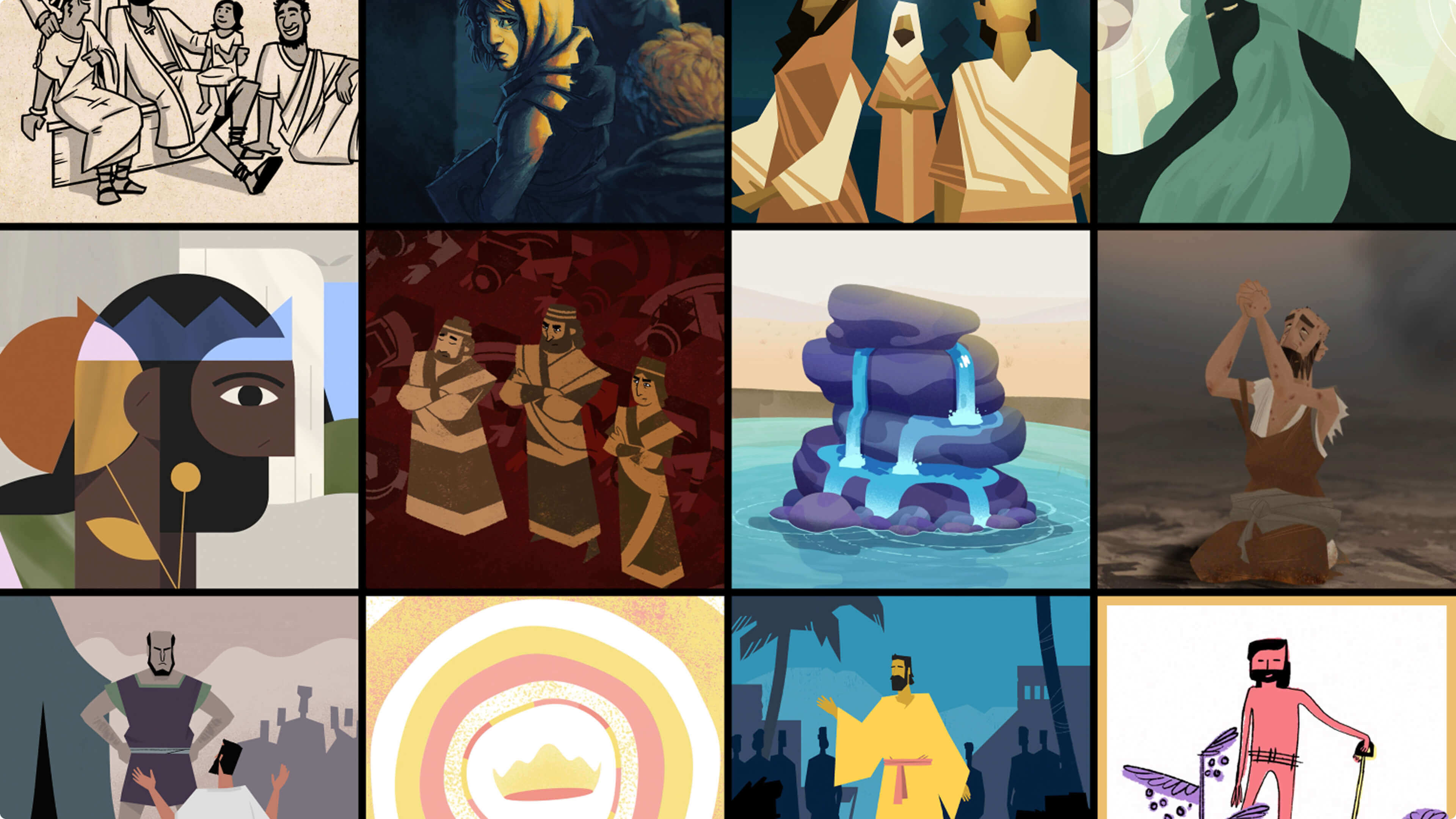

Agape / Love
The word “love” is one of the sloppiest words in our language, as it primarily refers to a feeling that happens to a person. But in the New Testament, “love,” or “agape,” refers to a way of treating people that was defined by Jesus himself. It means to seek the well-being of others regardless of their response.
Reflect
When Jesus arrived, God’s love became an embodied reality in our world. The God of the Bible doesn’t merely express love through Jesus; he is love. As a triune God—Father, Son, and Spirit—he always has been and forever will be an others-centered, self-giving, communal being who thinks, feels, and acts with pure love. Read 1 John 4:16 and John 15:9-13, taking note of the triune relationship and the theme of living and abiding. What do you observe?
Read Mark 12:29-31 and take note of how Jesus quotes the Hebrew Bible (Deuteronomy 6:4-6; Leviticus 19:34). How does loving God relate to loving other people?
The Hebrew Bible records the history of the ancient Israelites as they struggle to follow the commandment to love God and others. If Israel had difficulty with this, how can we hope to do any better? Jesus helps us when he adds a new commandment to empower the greatest commandment. Compare John 13:34 with Mark 12:29-31. What is the difference between these two commands? How does Jesus enable us to follow the greatest commandment?
Agape love is not primarily a feeling that happens to people. This kind of love is a choice to act in ways that offer well-being to others. Using Paul’s definition of love from 1 Corinthians 13:1-7, consider how Jesus loves us. How is Jesus patient, kind, humble, and selfless toward us? How does this kind of love challenge more popular, modern notions?
Jesus says that the ultimate standard of authentic love is how well you treat the person you can’t stand—your enemy. Let that settle in as you read Luke 6:27-36. Notice how God shows kindness to ungrateful, dishonest, and violent people. What does this say about God’s character? Consider how Luke 6:36 describes God. How do you think love and mercy relate to one another?
Jump In
Downloads
Advent

Episode 1
Yakhal / Hope

Episode 2
Shalom / Peace

Episode 3
Chara / Joy

Episode 4